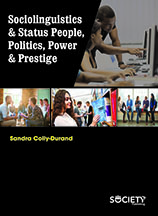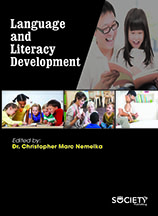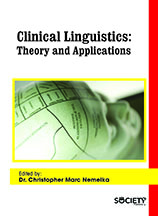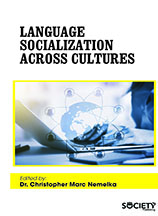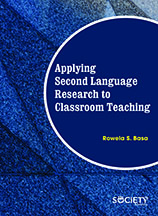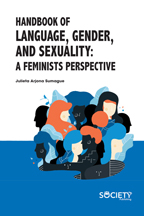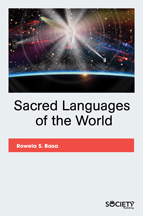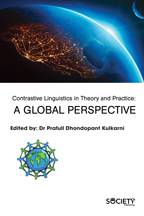Tab Article
This book is an essential guide for computer science students in schools and colleges, designed to bridge the gap between theory and real-world application. A hands-on approach equips learners with the practical knowledge needed to navigate the rapidly evolving tech landscape. Each chapter is packed with real-life examples, exercises, and activities, making it easier to understand complex concepts and see how computers impact various aspects of modern life. Whether you?re brushing up on a new job, planning a career change, or simply curious about using technology to simplify daily tasks, this book provides a solid foundation. With its accessible language and practical insights, it?s suitable for both beginners and those looking to refresh their skills. Some of the key topics covered include: ? Core Concepts of Computer Hardware and Software: Gain a fundamental understanding of how computers work, from the basics of hardware components like processors and memory to essential software applications and operating systems. ? Programming Fundamentals and Coding Skills: Dive into the programming world with step-by-step introductions to popular coding languages, problem-solving techniques, and algorithm design, providing you with the skills to write and debug your code. ? Data Management and Databases: Learn how to organize, store, and retrieve data efficiently using databases, an essential skill in almost every industry today, focusing on SQL and data structuring. ? Networking and Internet Basics: Understand how computers connect and communicate, exploring topics like internet protocols, wireless networks, and the basics of cloud computing that keep today?s digital world running smoothly. ? Cybersecurity Principles and Safe Online Practices: Protect yourself and your data with essential cybersecurity knowledge, including tips on safe browsing, recognizing threats, and understanding the basics of encryption and firewalls.


